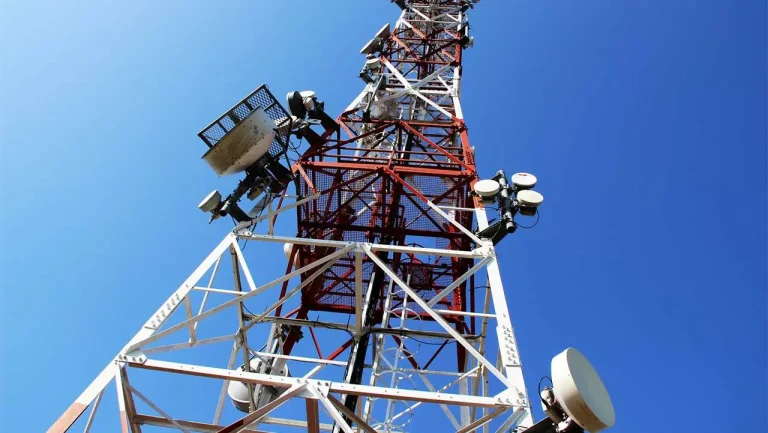Telecommunications experts have called on the Nigerian government to play a more active role in scaling up investments in the sector, highlighting the critical need for improved infrastructure and financial incentives to sustain growth.
Speaking at a colloquium in Lagos themed “Telecoms Industry 2.0: The Next Investment Frontier in Nigeria,” stakeholders emphasized the importance of government intervention as a key enabler of further investment.
The event, organised by Financial Derivatives Company, drew experts from various economic sectors.
In his keynote address, the CEO of Chapel Hill Denham, Bolaji Balogun underscored the need for government action in areas such as tariff regulation, equity, transparency, and incentives to attract more investment into the telecom sector.
Balogun pointed out that despite over $70 billion in investments over the past two decades, the sector still faces challenges, including limited smartphone penetration, average broadband quality, and the need for near-universal coverage.
“With more investments, Nigeria could become the third-largest mobile market globally within the next decade,” Balogun stated.
He urged the government to impose tariffs on imported goods to protect local manufacturers, co-invest in import substitution startups, and encourage financial transparency by mandating that operators publish financial statements.
The CEO of Financial Derivatives Company, Bismarck Rewane, highlighted the significant opportunities within the telecom sector, noting that Nigeria’s share of global telecom investment remains below one percent.
He stressed the need for Nigeria to increase its share of global telecom investment to at least one percent, which could translate into $3.5 billion in foreign exchange inflows, boosting productivity and overall economic growth.
During a panel discussion, the President of the Association of Licensed Telecommunications Operators of Nigeria (ALTON), Gbenga Adebayo, expressed concern that the industry had become a “victim of its own success,” with operators facing mounting debts and challenges like unreliable power supply.
He called for more investment to ensure the sector’s sustainability and urged banks to settle their debts to telecom companies.
The CEO of MTN Nigeria, Karl Toriola,
noted that the cost of doing business in the country, exacerbated by high diesel prices and an unstable currency, is significantly higher than the revenue generated from tariffs. He warned that this financial imbalance could deter further investments in the sector.
The CEO of MainOne, Funke Opeke advocated for a market-driven approach, allowing competition and demand to determine prices. She cautioned that government-imposed price caps could limit investment and hinder the growth of the telecom industry.
The experts agreed that to revive Nigeria’s telecom sector and regain its position as Africa’s largest economy, immediate and decisive action is needed from both the government and private sector.
NAN


